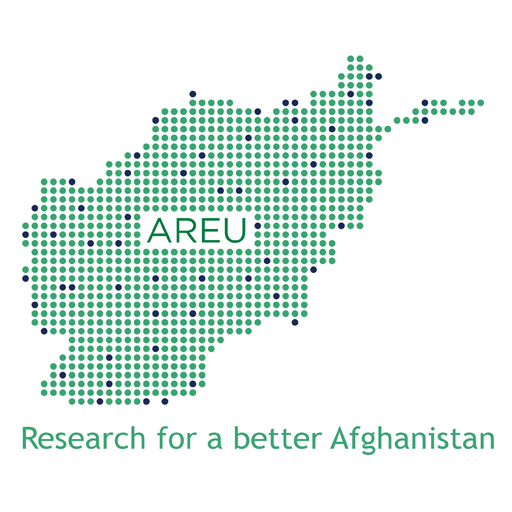
18 Sep A woman’s life: Shefa Khana, Maaina Khana and Ashpaz Khana (Hospital, Clinic, and Kitchen)
In Afghanistan, women do not have a reasonable life and face many problems, hardships, restrictions. This is mainly true for those women who are uneducated, live in rural area and face cultural sensitivities within their household. On the other hand, educated women have freedom of going out of homes, working, and making their own decisions. Although there are women who are trained; and have some benefits, still they are swamped and not able to give time to their families. In the time of data collection for an AREU research on women political participation, that will be published soon, we have met a woman whose life was limited to Shefa Khana (Hospital) Maaina Khana (clinic) and Ashpaz Khana (Kitchen).
A female doctor, originally from Kabul, married a doctor from Nangarhar. Her husband was appointed in one of the General Hospitals in Nangarhar. As a result, she had to follow her husband and migrate to Nangarhar province along with her family. Being also a doctor, and the demand for a female doctor being important in Jalalabad city, the provincial capital of Nangarhar province, she joined one of the General Hospitals in Jalalabad city. She was totally committed to her job and fulltime busy. However, the income they were raising from these two positions was not sufficient. Thus, she decided to open a private clinic and serve the people in the clinic.
Her days were as such: after her job in the General Hospital from 8am to 4pm, she was going to the clinic for two to three hours, usually from 4:30pm to 8pm depending on the season and time and was checking patients in her clinic. This has become her routine, a full-time job, and a part-time job, but that was not all. In Afghan society, mothers are responsible for taking care of their children regardless of working outside house. It was difficult for her to manage the work in hospital, in the clinic and to give time for her children, but she continued. Consequently, after working in the hospital and in her clinic, she was beginning her third job, in the kitchen.
As time passed, her children enrolled in school and in universities. Therefore, the mother was expected to and so prepared food for her children. During the day, she was not able to prepare food, and thus she had to cook their food during the night for the following day. Now for many years, she has been in this situation: during the day, full time employed in a hospital, after hospital, in her private clinic, and at night, in the kitchen. During our interview with her, she said: “Many times my children have said to me, our mother’s life is limited to Shefa Khana, Maaina Khana and Ashpaz Khana (our mother is in hospital, in the clinic, and in the kitchen).â€
In conclusion, the Afghan Government and International Community are trying hard to educate Afghan women, which is good. But, due to cultural sensitivities, educated women do not have as much freedom as men, and besides their working life, women still have their daily household life as well which requires commitment from male relative to change. This is an extra burden on the shoulder of women in Afghan society, and an obstacle to their true independence. So far, funding and programmes by the international community have failed to change the behaviours and attitudes of people culturally towards gender equality. Women rights promotion and the elimination of falsely constructed cultures of gender imbalances, in the light of Islam, will have a better impact on the attitudes and behaviours of people in Afghan society. As a result, educating the decision makers, men, about their role at the household level will open the door of change in the life of women.

